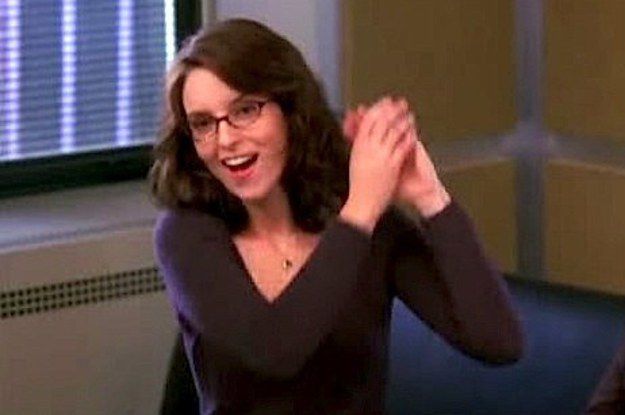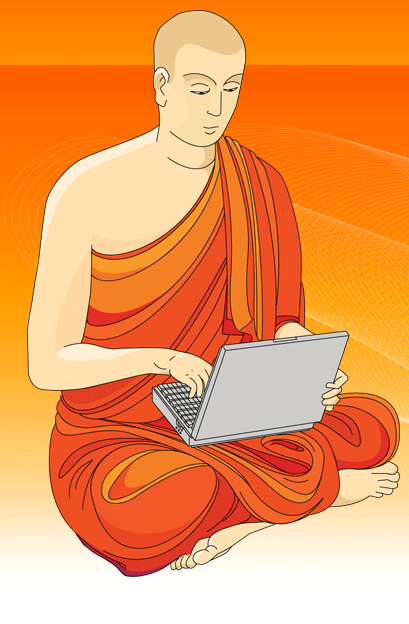1 - My legs hurt from doing squats and deadlifts at the gym this morning,
2 - I'm getting ready for my weekly cycle out to West Cambridge to be the roving librarian at the Whittle Laboratory and,
3 - It's time for another installment of 23 Research Things!
Thing 2 is about reflective blogging. Hooray! A Thing I do anyway!
 |
| Self five! (30 Rock via https://lockerdome.com/6956494474193729/6944414779055892) |
I've had personal blogs off and on since the early 2000s, back when LiveJournal was the place to over-share your feelings with strangers and obsess over which 100x100 pixel profile picture best expressed your mood. I started this blog in 2014 as I was starting think more about career development. My first post is still unpublished and is ironically titled "Social media: are we just talking to ourselves?" It was going to be a hard-hitting piece on the echo chamber effect, illustrated by quotes from Brave New World. Looking through my list, I've started and abandoned almost as many posts as I've published.
This assignment is to talk about how we feel about blogging as a tool for reflection and obviously I can see its merits. But I want to point out that it isn't always comfortable for me and I can certainly empathise with people who have serious reservations about sharing non-academic writing in such a public setting. After all, even if you are sold on the benefits of reflection in the learning process (which I am), why do those reflections need to be posted where anyone can see them? The paradoxical doubts of, "Do I really want strangers to be able to read this?" and "Probably nobody cares what I have to say anyway" can silence many potential bloggers. It's perfectly valid to write and reflect privately, and I certainly do that as well. I am a paper and pen journal writer and those notebooks will hopefully be consumed by a fire as soon as I die so that I don't have to be posthumously mortified (no pun intended) by the thought of people reading about my more navel-gazing moments.
The benefit of blogging over private journal writing is that by changing the audience to whoever it is you think might read your blog (Hi, Mom!), you are exercising a different voice. It's not the free-flowing stream of consciousness of a personal journal, nor is it the rigid structure of academic writing. You are communicating in an informal but public register, which is a crucial thing to practice as a researcher. I think of it as a format for complete thoughts, hence the unpublished blog posts sitting in my list. I was obviously thinking about a particular topic and wanted to get it written down somewhere, but I didn't have enough to say to share it. That's fine. The writing process itself is the valuable part. The public nature of this format simply holds me accountable; I feel guilty when 6 months go by with out a post, not because I think my eager readers are clamouring for it, but because I know people can see how little I've been writing and I like to challenge myself to write complete thoughts.
Reflective writing is valuable for a few reasons. First, it reinforces things you've learned. Writing about what you've recently read or attended classes in is part of the alchemical process of creating deeper understanding. Second, it allows you to clarify for yourself how you feel or think about particular topics. Third, it's just another chance to practice writing and communicating. And finally, it frees you from the burden of hanging on to whatever is on your mind.
That last one's a bit odd. Let me clarify.
You may recall from my Thing 1 post that I'm on a bit of a productivity kick at the moment. While working on some pre-planning for my first Bullet Journal last night I came across this video of David Allen, author of Getting Things Done, doing a Ted Talk on stress-free productivity.
In it, he describes how people feel that they could be more productive, if only they had more time. But too little time, he argues, is not the problem.
"You know what you’d do with two more hours? You’d have two more hours of overwhelming stickiness. Actually, for most of you, it’d be a good thing you don’t get two more hours. Because the issue is not time.How long does it take to have a creative idea? Zero time.How long does it take to be inspired? Zero time.How long does it take to recognize an opportunity you could leverage and take advantage of? Zero time.Time is not the issue for those things. There is something required for those things. What’s that? Psychic bandwidth.
Creating that space to be truly present and focused, he says, requires that we get rid of all the other stuff cluttering up our thoughts by writing it down. Anything you're thinking about, from jobs you need to get done to the relationship between social media and Aldous Huxley novels, is taking up bandwidth that you need to focus on what you're doing right now. Furthermore, he says, it helps you identify the task at hand. If you're mulling over a course you just took or a conversation you just had, write about it and figure out what action you need to take. "What exactly is the work you need to do?" That is the chief value I see in reflective blogging; it's identifying the "What now?" as Georgina put it. Learning for the sake of learning is fine, but if you can figure out what you can change as a result you will get more out of it, and maybe free up some bandwidth to have some great ideas.You need space to think."











